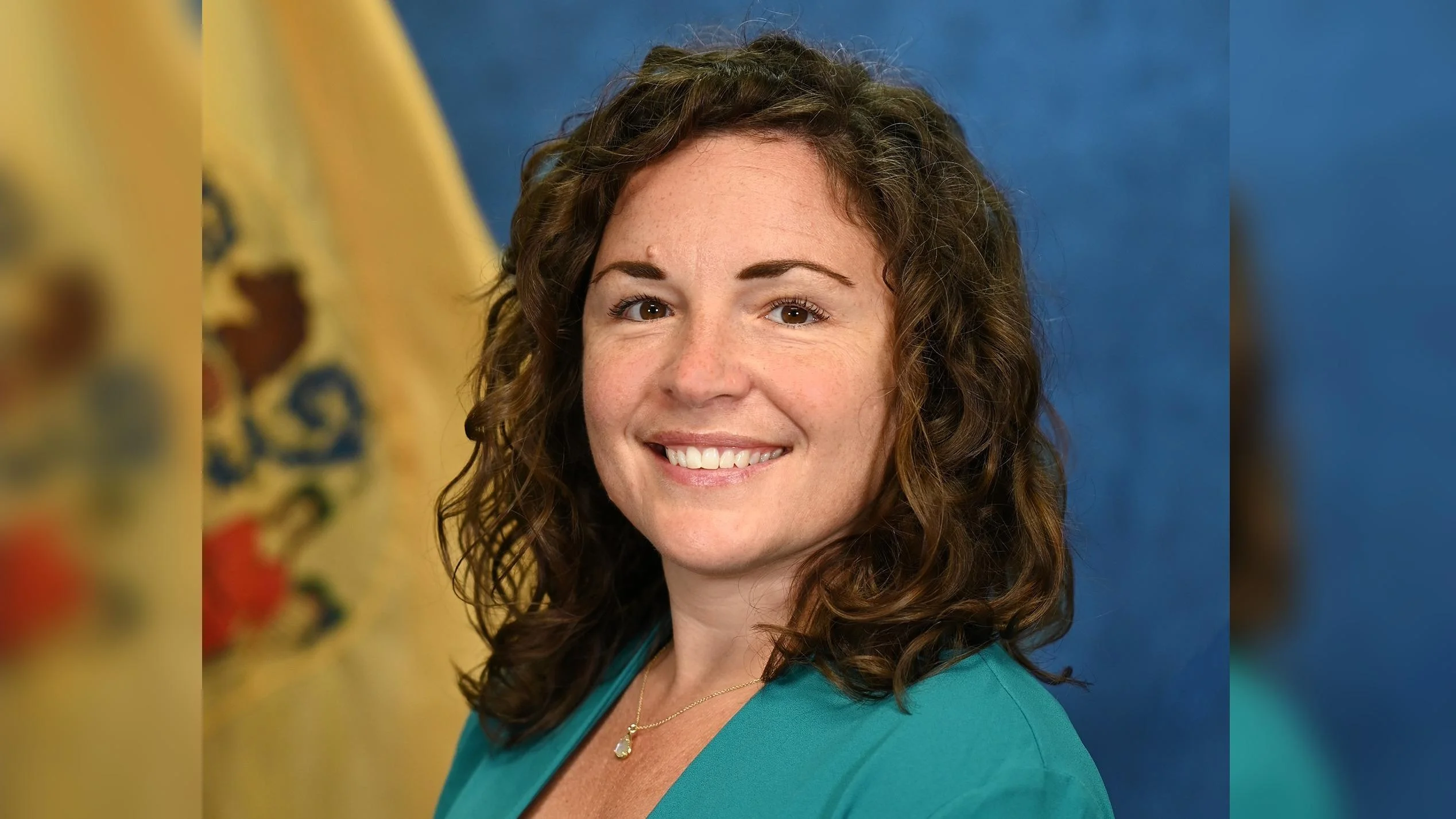
The New Jersey Board of Public Utilities (NJBPU) has announced the adoption of minimum filing requirements (MFRs) aimed at expanding charging access for medium-and-heavy-duty electric vehicles (EVs) and fleets. This initiative is expected to support New Jersey's transition to cleaner transportation, reducing greenhouse gas emissions from the state's transportation sector, which accounts for nearly 40% of its net emissions.
Governor Phil Murphy highlighted the significance of this development, stating, "Today’s announcement by the BPU is a key part of my Administration’s whole-of-government approach to reducing harmful emissions from the transportation sector that negatively impact the health of our residents." He also noted that this effort complements other state actions like Advanced Clean Trucks and the Clean Corridors Coalition.
Christine Guhl-Sadovy, NJBPU President, emphasized the benefits for communities most affected by pollution: “Under Governor Murphy’s leadership and in coordination with New Jersey’s EDCs, the NJBPU remains at the forefront of advancing smart, clean transportation initiatives and infrastructure that provide considerable health and environmental benefits.”
The MFRs will enable utilities to propose incentives for "Make Ready" chargers in public-serving fleets and private fleets within overburdened municipalities. Additionally, utilities are required to create capacity maps to guide scalable MHD EV charging projects. Managed charging programs will also be developed to balance grid demand.
These new requirements build on ongoing efforts by the Murphy Administration to promote clean transportation across New Jersey. Electric distribution companies must submit their program proposals within 120 days following this order.
In related news, a $250 million Climate Pollution Reduction Grant was awarded by the U.S. Environmental Protection Agency to support EV infrastructure along Interstate-95 through a coalition led by New Jersey's Department of Environmental Protection.
For more information about NJBPU or New Jersey’s Clean Energy Program (NJCEP), visit their respective websites.